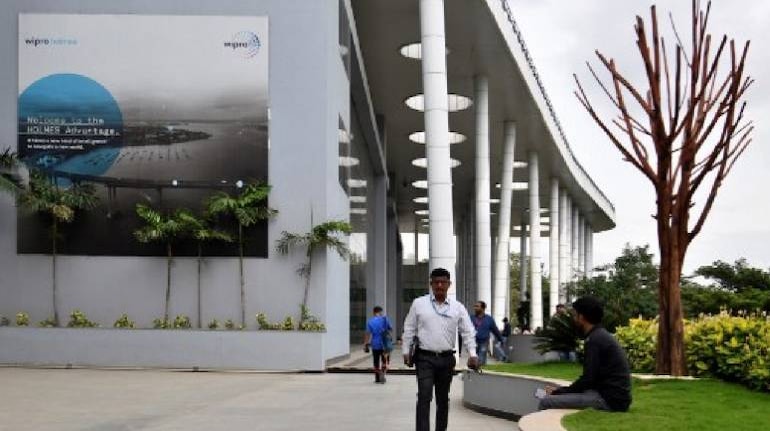



Bengaluru-based IT major Wipro will close its offices globally for the next four weeks following a surge in the COVID-19 cases across the world, the company said on January 12.
The company would re-calibrate return to office initiatives in light of the evolving situation, CEO Thierry Delaporte said during the earnings call.
The company reported a net profit of Rs 2,970 crore in the December quarter of the FY22, up from Rs 2,931 crore reported in the previous quarter but year-on-year, the net profit was flat. The company had reported a profit of Rs 2,968 crore in the year-ago period.
The revenue in Q3 FY22 came in at Rs 20,432.3 crore, which is higher than Rs 19,667 crore reported in the previous quarter. The numbers also mark a 30 percent year-on-year growth, as Wipro had reported a revenue of Rs 15,670 crore in the corresponding period last year.
This change of plan comes right after the company started taking steps towards getting employees back to the office but as daily infections continue to soar in India and elsewhere, the IT major decided to close offices.
Wipro would accelerate the initiative to get more people to the office from January 2022 as the vaccination gains pace, a top executive had said during the October earnings call.
Senior executives have been coming to the office twice a week since September. In total, close to 3 percent of the workforce has been working from the office.
As many as 50 percent of the Wipro employees are fully vaccinated and 85 percent have got at least one dose.
After 18 months of working from home, IT companies are eager to get employees back to campuses with vaccination gaining pace.
TCS recently said that it was looking to get 80 percent of the employees to work by 2022 and was encouraging vaccinated employees to come to offices since November 2021.
In a recent Microsoft event, Rishad Premji, executive chairman, Wipro, said that he believes it is important for employees to get back to the office even as companies offer flexible work options.
“But I think fundamentally, it is important that people do come back some of the time. I’m a big believer that people connect for two reasons: one is culture and the other innovation,” he said.
He explained that organisations can grow only when people gossip about them when they connect over the water cooler or coffee machines to talk about what’s happening, what’s changing, and what’s not happening inside the organisation, and for the company to learn from it.
“I think it’s incredibly critical for that to happen. And it doesn’t happen in this transactional medium of being virtual,” Premji said.
Innovation is never linear, where a solution strikes when you are chitchatting, or sitting in a conference room discussing a problem. This will not happen virtually, which is a controlled medium, according to Premji.
Discover the latest Business News, Sensex, and Nifty updates. Obtain Personal Finance insights, tax queries, and expert opinions on Moneycontrol or download the Moneycontrol App to stay updated!
Find the best of Al News in one place, specially curated for you every weekend.
Stay on top of the latest tech trends and biggest startup news.